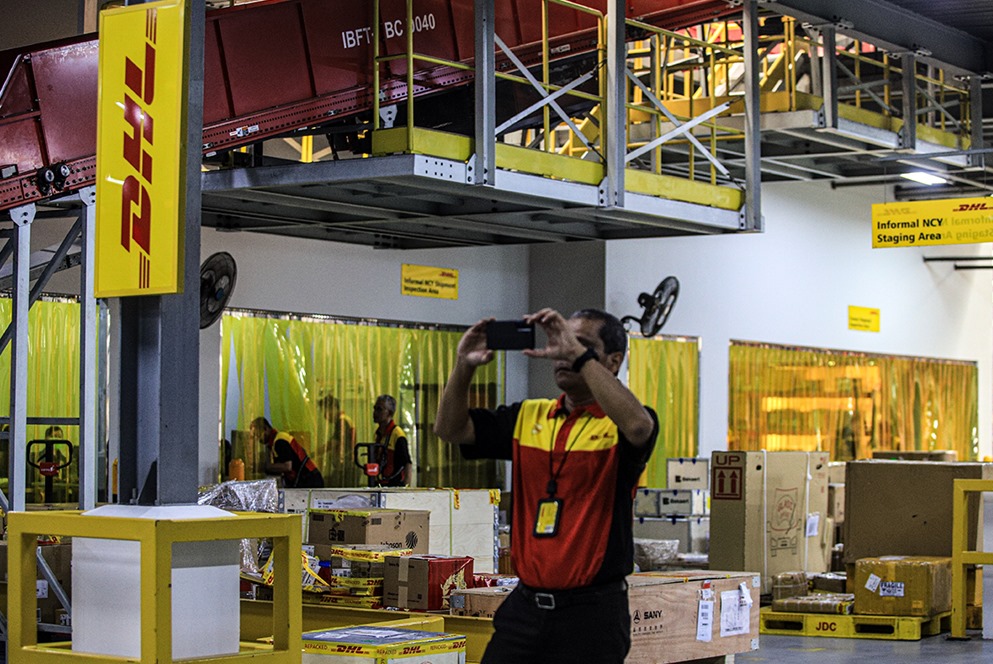
Contrary to popular belief, you don't need a substantial amount of capital to dive into wholesale e-commerce. Many envision wholesale as a traditional business requiring vast land and labor. However, with the advent of e-commerce, you can establish a flourishing wholesale operation without substantial financial outlay.
Historically, businesses hesitated to invest in online sales, doubting that B2B customers would embrace online purchasing, especially for complex products. But the landscape has dramatically shifted. Buyers now effortlessly access information online.
Gone are the days of bustling marketplaces and relentless haggling. Today, your potential customers are just a click away on their mobile devices. Nigerians, in particular, seek convenience and efficiency, presenting a significant opportunity for businesses.
But how does wholesale e-commerce work, and where do you fit in? This article provides the answers. Let's guide you through the process of getting started.
Understanding Wholesale E-commerce
Wholesale e-commerce involves selling large quantities of products at discounted prices to businesses. These buyers typically resell the products or use them in their operations. The primary distinction between wholesale and retail is that the latter targets individual consumers. Key features distinguishing wholesale from retail e-commerce include:
Target Audience: Wholesale targets businesses, while retail targets individual consumers.
Order Volume: Wholesale involves large order volumes with a minimum order quantity (MOQ), whereas retail involves smaller volumes.
Pricing: Wholesale offers discounted prices for bulk purchases, while retail sells at consumer prices.
Relationship Management: Wholesale businesses build long-term partnerships with clients needing consistent supplies. Retailers value repeat customers but also rely on single or infrequent purchases.
Types of Wholesalers
There are four primary types of wholesalers:
Manufacturers: These entities produce and sell their products directly to distributors or retailers.
Distributors: They purchase large quantities from manufacturers and resell them in bulk to retailers or other businesses, acting as intermediaries.
Dropshippers: They sell products without owning or storing them. When an order is placed, they purchase the product from the supplier, who then ships it directly to the customer.
- International Wholesalers: Specializing in cross-border trade, they import goods to sell domestically or export domestic products to other nations.

Steps to Creating a Successful Wholesale E-commerce Business
Finding Your Perfect Product: Identify popular and in-demand products with insufficient supply. Consider factors such as competition, profit margins, costs, and supplier availability.
Finding the Right Supplier: If you're not manufacturing your products, find a reliable supplier. A good supplier can save you money, prevent delays, and meet customer needs. Look for suppliers offering competitive prices without compromising quality.
Setting Up Your E-commerce Strategy: Establish an online platform that provides an excellent user experience. Explore marketplaces like Jiji and Jumia, or merchant-friendly social platforms like Facebook and TikTok, or build your own website.
Setting Your Prices Right: Determine your costs and research competitors' pricing. Develop strategies for contract pricing, exclusive products, and customers with special terms and conditions.
Investing in Digital Marketing: Reach potential buyers through social media, email, and online ads. Create engaging posts and clear product descriptions. Use paid advertising when necessary to expand your reach.
Providing Excellent Customer Experiences: Wholesale thrives on long-term relationships. Ensure customers feel prioritized. Be accessible, respond quickly, and streamline the ordering process. Prioritize simplicity to minimize hiccups.

Making Wholesale E-commerce Efficient Through Logistics
Selling wholesale online is a rapid growth strategy. Manufacturers benefit from lower costs per item and increased profit through bulk sales. Bulk orders to fewer customers also reduce shipping costs. However, achieving this requires efficient logistics. Speed, safety, cost-efficiency, and order accuracy are crucial.
DHL understands the challenges Nigerian wholesalers face in meeting these metrics. We can help you deliver exceptional customer service, cut costs, stay ahead of competitors, and grow your business. Open an account now and discover a smarter way to manage your logistics.













